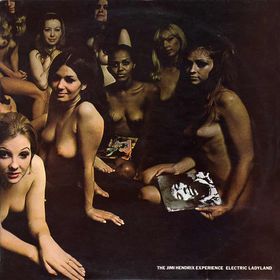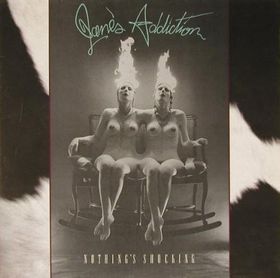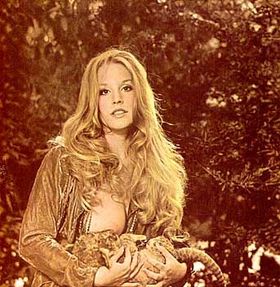On this day in 1957 The Everley Brothers reached the top of the charts in the USA with “Wake Up Little Susie”. That inspite of it being banned by some radio stations because of the suggestive lyrics.
I have always said that it is a dirty little song, a threat to the morals of our youth and quite capable of destroying society. (Sorry, I was having a irrational time warp back to the 50s moment). However, that is just what some people thought, otherwise sensible and responsible people. Mind you, most people thought that fighting a nuclear war, and surviving it, was entirely possible. Also remember that the FBI investigated a song (Louie, Louie) because of the filthy lyrics (the whole story here).
There have always been bans imposed on rock music. Given the origins I do not think that we should be surprised. Rock was born on the back of black ‘race’ music. Music made by and for black America. It was not heard or played by white people. When rock began it took the rhythms, feel and in some cases whole songs. That worried the white establishment. Sexual references was just one area that scared the hell out of them. Hence not showing Elvis’ hips when he was singing. That “Wake Up Little Susie” should fall foul of the censors is just a reflection of the paranoia of the time.
What the establishment wanted was more Rock Hudson and Doris Day films (sort of ironic of course).
One notable incident of banning music from being played that predates rock was the banning of Billie Holiday’s version of “Gloomy Sunday” by the BBC in 1941 (and that was the version with the rewritten happy ending!).
However, banning became far more common with the advent of rock. “such a Night” by Johnny Ray was banned by the BBC in 1954. The police in Memphis banned The Drifter’s “Honey Love”. Both banned because of the suggestive lyrics. There are many more examples in the late 50s and early 60s. But the practice went on, and on. In 1969 “Je T’aime… Moi Non Plus” was banned (again by the BBC) because of the sexual nature of the recording. Other, obvious examples are Hendrix “How Would You Feel”, Van Morrison’s “Gloria”, The Who’s “Pictures of Lily”. There are so many.
More worrying as far as I am concerned is the banning of songs because of political or social comment. The Byrds “8 Miles High” was banned by many US radio stations because of the drug reference, “Puff The Magic Dragon”, Janis Ian’s “Society’s Child” was banned because by many US radio stations because the interracial dating references. Sponsors of the Pet Clark Show got their nickers in a twist when she touched Harry Belafonte on the arm during a duet. etc etc.
Somehow I am not surprised that the Colonels in Argentina banned more than 200 songs because they threatened the regime. I am not worried that the Soviet state and its satellites banned hundreds and hundreds of rock music. I find it hard to see Elton John as being a threat to society but any society should be able to stand up to threats from the arts, and the arts should threaten society.
Luckily, the act of banning a record only helps to make it receive more attention than perhaps it otherwise would. Again there are many examples of that. Frankie goes to Hollywood’ “Relax”, The Pistol’s “God save The Queen”, “Je T’aime”. Just add your favourites to the list. The “explicit Lyrics” stickers were a joke, and a magnet to some record buyers. One Zappa album has an “explicit Lyrics” sticker, even though it is purely instrumental!
The censorship of album covers has also gone on as well. Here are a couple of examples;
There are other examples, of course, Blind Faith, Black Crows, Scorpions, the Beatles with the ‘Babies cover’ etc.
I think that censorship is rarely right (exceptions being child porn, coercion, exploitation). I also believe that it is largely ineffective.




Hello from Russia!
Can I quote a post in your blog with the link to you?